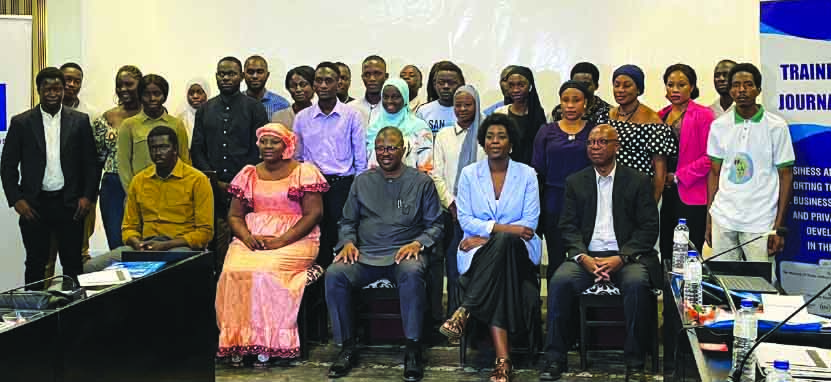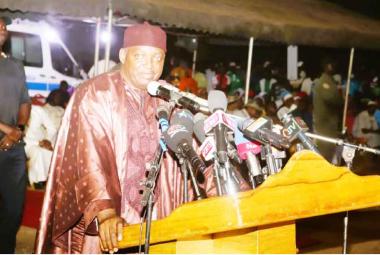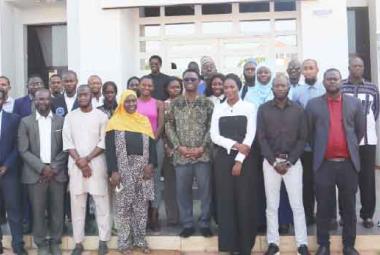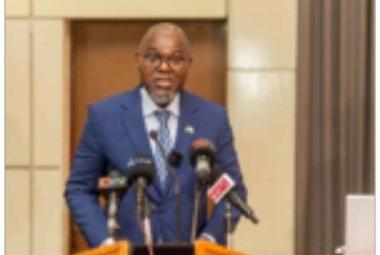By Aji Fatou Jammeh & Mariatou Ngum
Journalists drawn from both the print and electronic media last week completed three-day training on business and financial reporting.
The training was organised by the Ministry of Trade Regional Integration and Employment in partnership with the State Resilience Contract 3 and funded by the European Union.
The training aimed to enhance the skills of the media personnel in covering one of the most critical aspects of our economy.
In his opening statement, the Minister of Trade and Regional Integration and Employment Hon. Babucarr O. Joof expressed Government’s commitment to driving the business environment which includes easing procedures for starting and running a business, reviewing , reducing and rationalising business operating costs such as taxes, levies, and charges; improving access to business finance; identifying and accessing land for investment and investing in infrastructure development, particularly, trade facilitation infrastructure.
“To achieve these objectives, we recognised the importance of a well-informed public that is equipped with accurate information about economic developments and trends. As journalists and editors, you are the conduit to facilitate the information sharing and education,” he stated.
He opined that the reports and stories have the potential to shape public opinion, influence policy decisions, and promote transparency in government. “Therefore it is essential that journalists have the requisite skills and knowledge to efficiently report on business and financial news in a way that is accurate, balanced and informative.
He said his ministry organised the training because it strongly believes that the press is an indispensible partner in their efforts to improve the business environment and drive private sector development in the Gambia.
“By adhering to established standards of journalism, mainly, accuracy, integrity and ethical conduct and by promoting transparency, constructive criticism and informed discourse, the press can make a significant contribution to our nation’s economic progress and by extension, political stability,” Minister Joof affirmed.
For her part, EU Development Cooperation/International Aid Officer, Lumana Kamashi said their interest and support to the training is based on the EU’s appreciation and recognition of the importance of the role of the press in promoting Gambia’s economic development.
“We recognized the indispensable role of a free, capable, and vibrant press in facilitating the Gambia’s journey towards economic prosperity,” she noted.
She highlighted the importance of building the capacities of journalists in fostering national economic development by promoting transparency and accountability by investigating and reporting on government activities, such as business practices, and social issues and hold leader accountable for their actions. She also said information is power and a robust press ensures that citizens and policy makers have access to accurate and timely information.
The training covered a wide range of topics such as overview of the Gambian economy and business sector, understanding key business and financial terms, math and reporting, doing business in the Gambia: successes, challenges and way forward, business and financial journalism in practice, legal and ethical issues in business reporting and use of data in business reporting among others.







